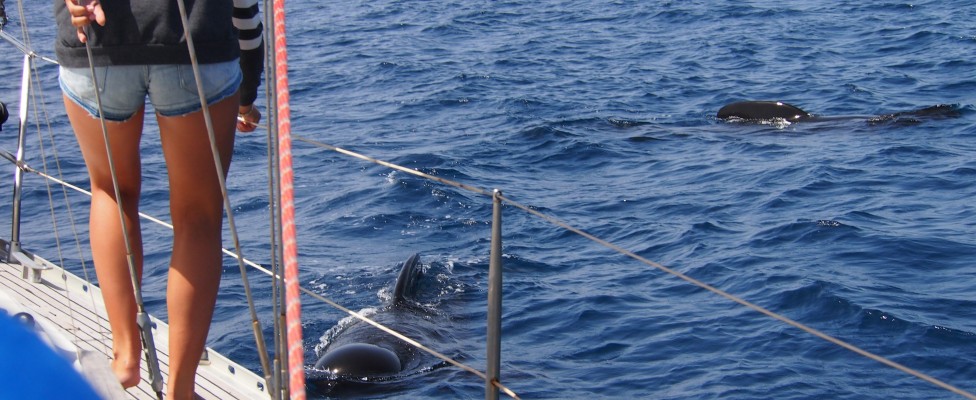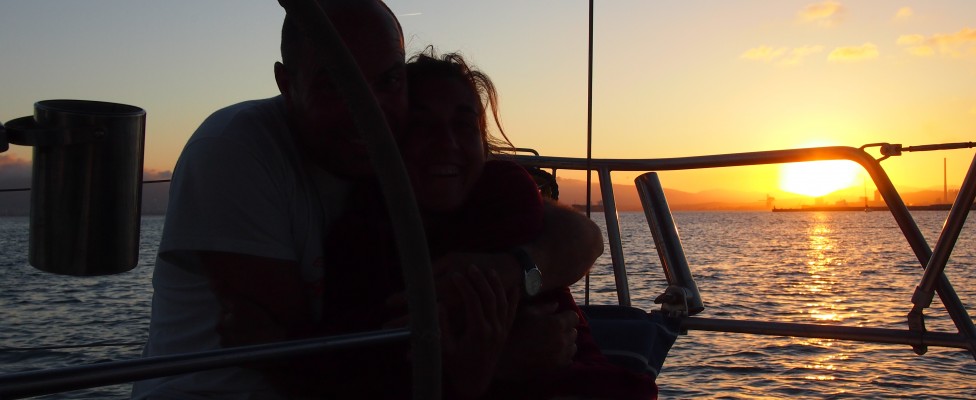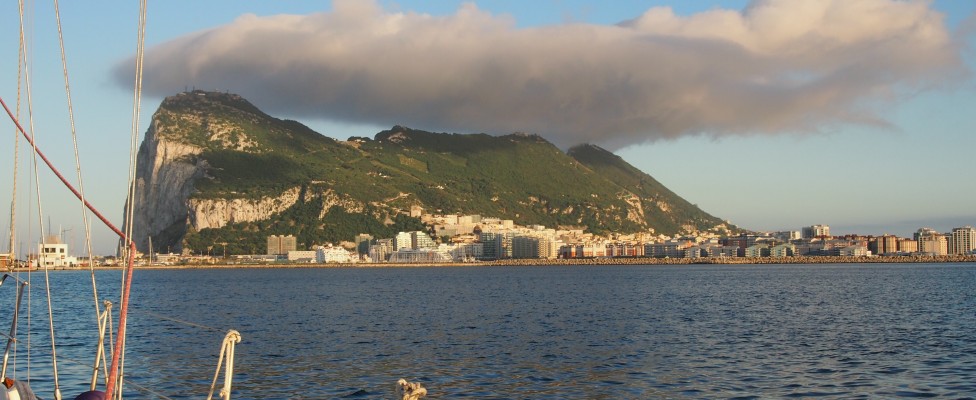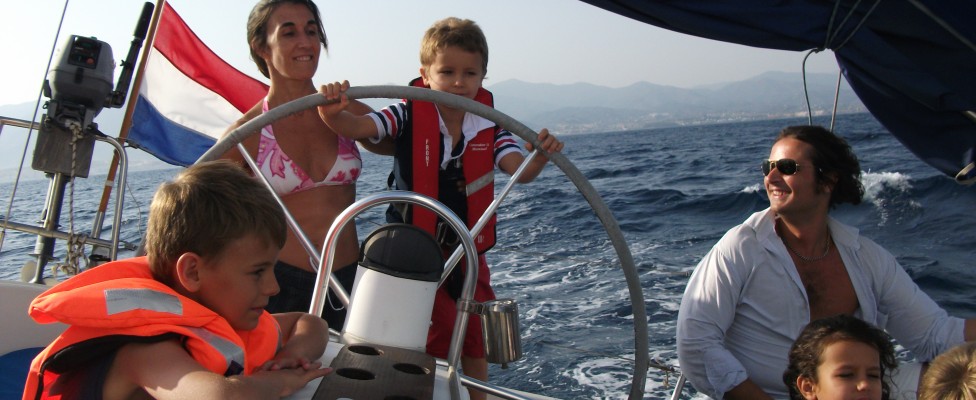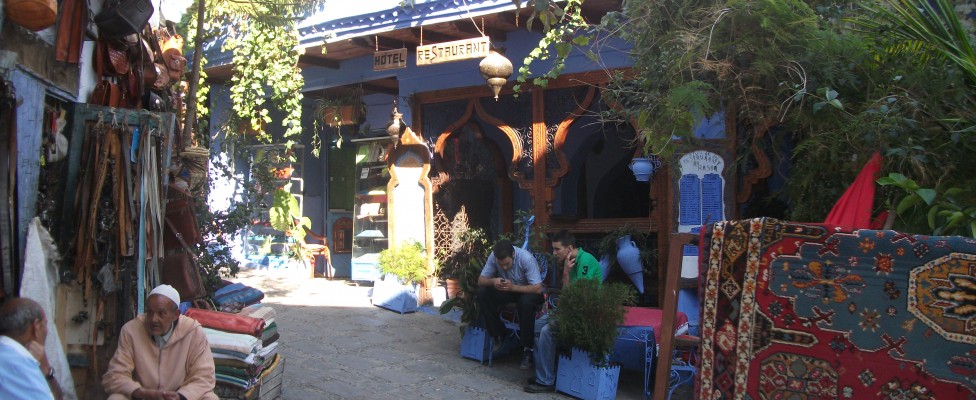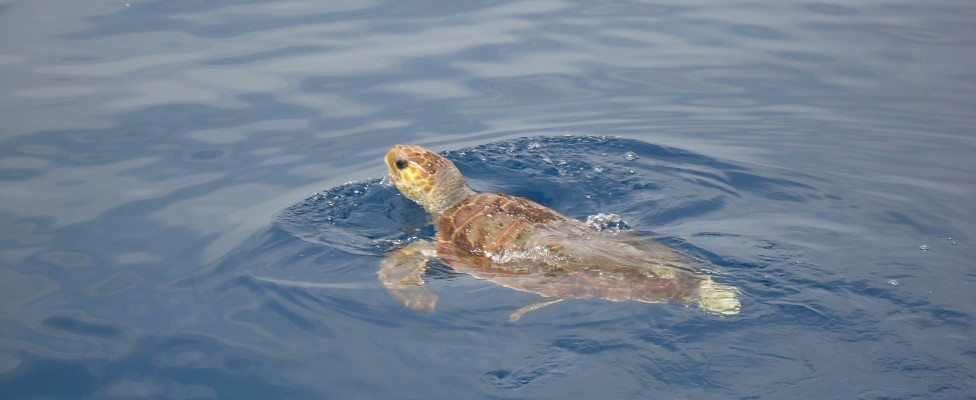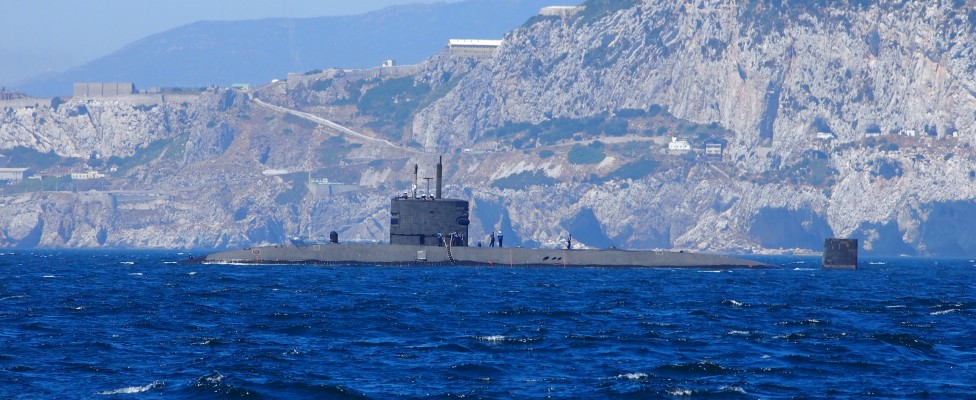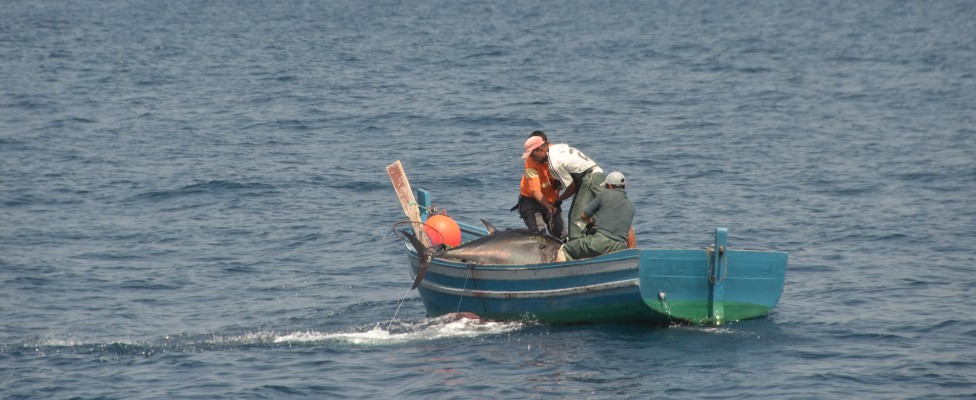

Private wildlife tour ( killer whale, dolphins, tuna, turtles)
A three day wildlife trip, max 4 People, 1500, – Euro all included ( 375, – Eur pp)
A four day wildlife/Morocco trip combined, max 4 people, 1750,- Euro all included ( 437,50 – Eur pp)
In the morning after boarding we will leave timely towards Ceuta. There will be ample time for lunch and a swim while sailing to Ceuta. In the afternoon you have sufficient time to see the city and go out to eat at night. You spend the night on board, there are two cabins for the guests. A shower can also be taken on board, though it is often more convenient to do this in the port.
After breakfast the next day we sail into the Strait of Gibraltar in search for wildlife.
There are seven species of whales and dolphins in the Strait of Gibraltar, this is due to the very nutrient-rich water over here. The common dolphin, the pilot whale whale, bottlenose dolphin and the striped dolphin stay throughout the year. Orcas come in April / May and July / August to the Strait of Gibraltar to wait for the thousands of blue fin tuna which then return from the Mediterranean Sea. They are history closely linked to the strait and tuna. Sperm whales are there from March to July to hunt for giant squid at depth. Whales pass through the Strait between May and July while passing from the Atlantic to the Mediterranean and vice versa.
In the evening we dock in Gibraltar, where you can look around extensively and eat out. The next day we try to ease back to Estepona.
The Strait of Gibraltar is not really wide (about 14 km at the narrowest point) and not very deep (about 300 meters). Therefore, the current, which runs from the Atlantic to the Mediterranean, is reasonably strong. On the threshold of the strait increases nutrient-rich deep water from the Mediterranean Sea and the partially mixes with the Atlantic water flowing. This is the condition for a large supply of food, which will ultimately also benefit the whales and dolphins.

